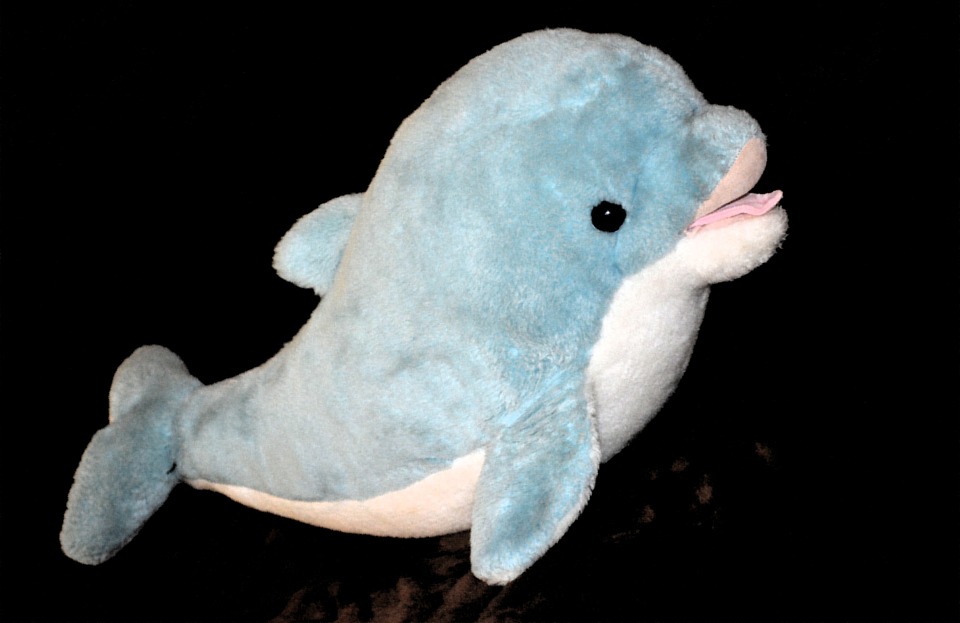Feeding your fish is a crucial aspect of maintaining a healthy and thriving aquarium. Proper feeding habits not only ensure the well-being of your fish but also contribute to the overall ecosystem of your tank. In this article, we will delve into ten essential fish tank fish feeding tips that will help you create a balanced diet for your aquatic friends.
1. Understand the Dietary Needs of Your Fish
Different fish species have varying dietary requirements. Some fish are herbivores, others are carnivores, while some are omnivores. It is essential to research and understand the specific dietary needs of your fish to provide them with appropriate nutrition.
2. Offer a Variety of Foods
To mimic a natural diet, it is crucial to offer a variety of foods to your fish. This includes dry flakes or pellets, frozen or live foods such as brine shrimp or bloodworms, and even fresh vegetables. Providing a diverse diet ensures that your fish receive all the essential nutrients they need to thrive.
3. Feed in Small Portions
Overfeeding is a common mistake among fish owners. It’s important to remember that fish have small stomachs, and overfeeding can lead to digestive issues and water quality problems. Feed your fish small portions that they can consume within a few minutes, removing any uneaten food afterward.
4. Establish a Feeding Schedule
Creating a consistent feeding schedule helps your fish develop a routine and maintains their overall health. Most fish benefit from being fed two to three times a day, while others may require more or less frequent feedings depending on their species. Observe your fish’s behavior and adjust the feeding schedule accordingly.
5. Avoid Overcrowding During Feeding
During feeding time, fish can become territorial and aggressive. To prevent fights and ensure all fish receive their fair share of food, spread the feeding area throughout the tank. This can be achieved by using feeding rings or floating food dispensers.
6. Monitor Water Temperature
Water temperature plays a crucial role in a fish’s metabolism and digestion. Ensure that the water temperature in your aquarium is appropriate for the species you have. Warm-water fish typically have a higher metabolic rate, requiring more frequent feedings, while cold-water fish may require less.
7. Supplement with Vitamins and Minerals
To bolster the overall health of your fish, consider supplementing their diet with vitamins and minerals. These supplements can be added to their food or directly into the aquarium. Consult with a veterinarian or aquarium specialist to determine the appropriate supplements for your fish.
8. Avoid Overreliance on Live Foods
While live foods can be a nutritious addition to your fish’s diet, it is essential not to rely solely on them. Live foods can carry parasites or diseases, potentially introducing them to your tank. Additionally, they may lack the necessary nutrients to provide a well-rounded diet. Balance live foods with high-quality dry flakes or pellets.
9. Keep the Tank Clean
Maintaining a clean tank is vital for the overall health of your fish. Uneaten food and debris can accumulate and lead to poor water quality, which can cause health issues. Regularly clean the tank, remove any excess food, and perform routine water changes to promote a healthy environment.
10. Observe and Adjust
Regular observation of your fish’s behavior and appearance will help you gauge their feeding habits and overall health. If you notice any abnormalities, such as decreased appetite, weight loss, or unusual behavior, consult with an aquatic veterinarian or knowledgeable aquarium professional. Adjusting the feeding routine or diet may be necessary to address any potential issues.
FAQs (Frequently Asked Questions)
Q: How often should I feed my fish?
A: Most fish benefit from being fed two to three times a day. However, individual fish species may have different needs, so research your specific fish to determine the ideal feeding frequency.
Q: Can I feed my fish human food?
A: While some human foods can be suitable for fish, it is essential to understand which foods are safe and in what quantities. Avoid seasonings, additives, and high-fat foods. Stick to fish-specific foods to ensure a proper diet.
Q: How do I know if I am overfeeding my fish?
A: Overfeeding can lead to various issues, including poor water quality, obesity, and digestive problems. Signs of overfeeding include uneaten food accumulating at the bottom of the tank, cloudy water, or fish exhibiting bloated bellies.
Q: Can I feed my fish exclusively with live foods?
A: While live foods can be a valuable addition to a fish’s diet, it is generally recommended to provide a balanced diet that includes a combination of dry flakes or pellets, frozen foods, and occasional live foods.
Q: Should I feed my fish at the same time every day?
A: Establishing a consistent feeding schedule can help your fish develop a routine. Aim to feed them at around the same time each day to promote healthy eating habits.
Remember, maintaining a healthy diet for your fish is vital for their well-being. By following these ten essential fish tank fish feeding tips, you can create a thriving and balanced aquarium ecosystem that will keep your fish happy and healthy for years to come.









